Home>Garden Essentials>What Does Sprouted Pumpkin Seeds Mean
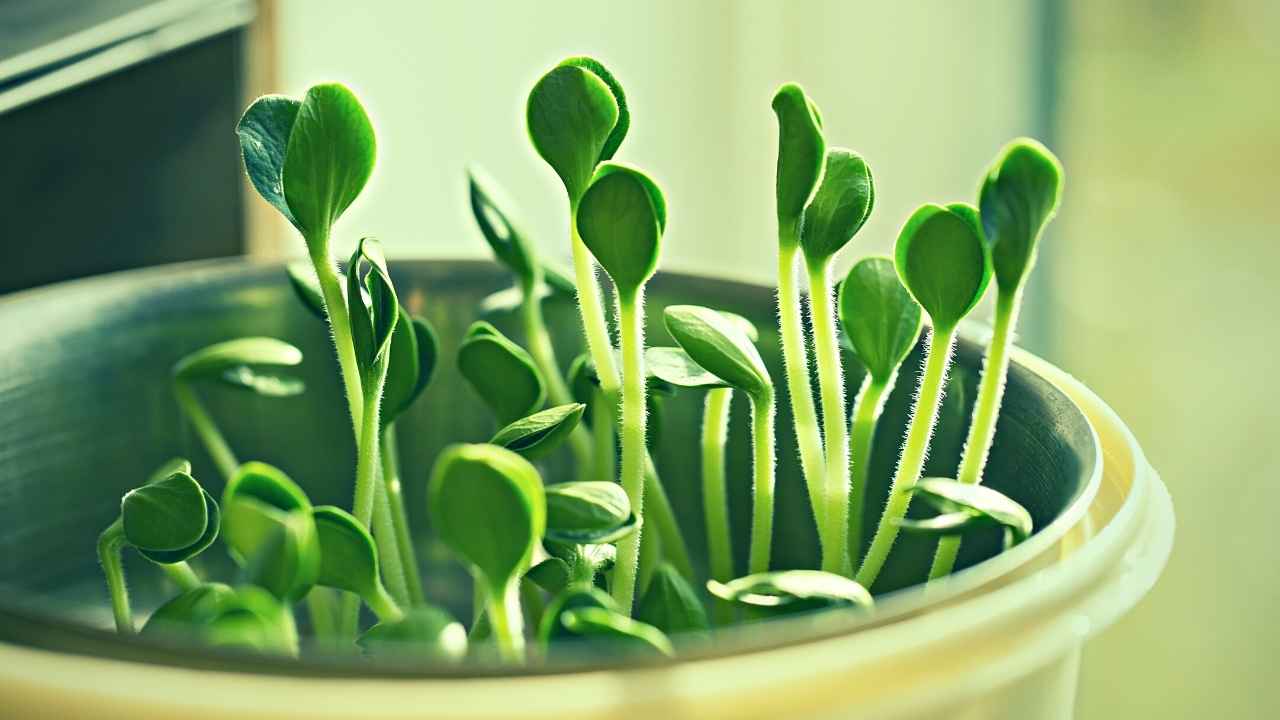

Garden Essentials
What Does Sprouted Pumpkin Seeds Mean
Modified: March 15, 2024
Discover the meaning of sprouted pumpkin seeds for your garden and learn how they can enhance your gardening experience.
(Many of the links in this article redirect to a specific reviewed product. Your purchase of these products through affiliate links helps to generate commission for Storables.com, at no extra cost. Learn more)
Introduction
Welcome to the world of sprouted pumpkin seeds! These little powerhouses of nutrition are gaining popularity among health-conscious individuals for their numerous health benefits and versatile culinary uses. But what exactly does it mean when we say “sprouted” pumpkin seeds?
Sprouting is the process of germinating seeds, which enhances their nutrient content and makes them easier to digest. In the case of pumpkin seeds, sprouting involves soaking them in water until they begin to grow a small sprout. This simple process not only boosts their nutritional value but also improves the overall flavor and texture.
In this article, we will explore the definition of sprouted pumpkin seeds, delve into their benefits, learn how to sprout pumpkin seeds at home, discover their nutritional value, and explore some delicious culinary uses. So let’s jump right in!
Key Takeaways:
- Sprouted pumpkin seeds are packed with nutrients, easy to digest, and offer benefits like improved heart health, immune support, and healthy skin. They can be enjoyed in various delicious recipes for a boost of nutrition and flavor.
- When sprouting pumpkin seeds at home, choose fresh seeds, follow proper hygiene, and be mindful of potential side effects like allergies and digestive discomfort. Enjoy sprouted pumpkin seeds in moderation to reap their health benefits.
Definition of Sprouted Pumpkin Seeds
Sprouted pumpkin seeds, also known as sprouted pepitas, are pumpkin seeds that have undergone the process of germination. This process involves soaking the seeds in water for a specific period of time, allowing them to sprout and develop a small sprout or shoot. Sprouted pumpkin seeds are characterized by their slightly crunchy texture and mild nutty flavor.
Compared to regular pumpkin seeds, sprouted pumpkin seeds have higher nutrient levels and are more easily digestible. The sprouting process activates enzymes within the seeds and breaks down some of the naturally occurring anti-nutrients, such as phytic acid, which can inhibit the absorption of nutrients in the body.
By sprouting the pumpkin seeds, not only do they become more bioavailable, but they also become easier to chew and digest. They also tend to have a milder taste, making them a popular choice for snacking or as an ingredient in various recipes.
Sprouted pumpkin seeds are widely available in health food stores, or you can sprout them at home using fresh pumpkin seeds. Sprouting your own pumpkin seeds allows you to have full control over the process and ensures that you are consuming the freshest and most nutritious sprouted seeds.
Now that we understand the definition of sprouted pumpkin seeds, let’s explore the various benefits they offer and their role in promoting overall health and well-being.
Benefits of Sprouted Pumpkin Seeds
Sprouted pumpkin seeds are not only delicious but also packed with nutritional benefits. Here are some of the key benefits of including sprouted pumpkin seeds in your diet:
- High in nutrients: Sprouted pumpkin seeds are a nutritional powerhouse. They are rich in essential nutrients such as protein, fiber, healthy fats, vitamins, and minerals. These nutrients are essential for maintaining overall health and supporting various bodily functions.
- Improved digestibility: The sprouting process breaks down some of the naturally occurring anti-nutrients and enzyme inhibitors present in pumpkin seeds. This makes them easier to digest and allows for better absorption of the nutrients by the body.
- Rich in antioxidants: Sprouted pumpkin seeds are a great source of antioxidants, which help protect the body against oxidative stress and damage caused by harmful free radicals. Antioxidants are known to have numerous health benefits, including reducing inflammation and lowering the risk of chronic diseases.
- Heart-healthy: Sprouted pumpkin seeds are rich in heart-healthy fats, such as monounsaturated and polyunsaturated fats. These fats help maintain healthy cholesterol levels and promote cardiovascular health.
- Supports immune function: Pumpkin seeds are packed with immune-boosting nutrients like zinc and vitamin E, which play a vital role in supporting a healthy immune system. Including sprouted pumpkin seeds in your diet can help strengthen your immune defenses and protect against illnesses.
- Promotes healthy skin: The combination of vitamins, minerals, and antioxidants found in sprouted pumpkin seeds can contribute to healthy and glowing skin. These nutrients help protect against skin damage, improve collagen production, and prevent premature aging.
- May aid weight management: Sprouted pumpkin seeds are low in calories but high in fiber and protein, making them a great addition to a weight management plan. The fiber content helps promote feelings of fullness and reduces appetite, while the protein content supports muscle growth and repair.
- Supports hormone balance: Pumpkin seeds contain beneficial plant compounds called phytosterols, which have been shown to support hormonal balance. This can be particularly beneficial for individuals experiencing hormonal imbalances, such as women going through menopause.
Incorporating sprouted pumpkin seeds into your daily diet can be a delicious and convenient way to reap these impressive health benefits. Now, let’s learn how to sprout pumpkin seeds at home for maximum freshness and nutrition.
How to Sprout Pumpkin Seeds
Sprouting pumpkin seeds at home is a simple and rewarding process. Here’s a step-by-step guide on how to sprout pumpkin seeds:
- Choose fresh pumpkin seeds: Start by selecting fresh, raw pumpkin seeds. It’s best to use organic seeds to avoid any potential exposure to pesticides or chemicals.
- Prepare the seeds: Rinse the pumpkin seeds thoroughly to remove any dirt or debris. You can do this by placing them in a strainer and running water over them. Pat them dry with a clean towel.
- Soak the seeds: Place the rinsed and dried pumpkin seeds in a bowl or jar. Add filtered water to cover the seeds completely. Let them soak for about 8-12 hours or overnight. This process helps soften the seeds and initiate the germination process.
- Drain and rinse: After the soaking period, drain the water from the seeds and give them a good rinse with fresh water. Drain well to remove excess moisture.
- Allow sprouting: Transfer the rinsed seeds to a sprouting tray or a glass jar covered with a mesh or cheesecloth. Spread them out in a single layer. Place the tray or jar in a well-ventilated area away from direct sunlight. Tilt the tray or jar slightly to allow proper airflow.
- Rinse regularly: Rinse the sprouting seeds twice a day, preferably in the morning and evening. Fill the tray or jar with fresh water and gently swish it around to rinse the seeds. Drain well to remove excess water.
- Continue sprouting: Repeat the rinsing process for 2-3 days or until you see small sprouts starting to emerge from the seeds. The sprouting time may vary depending on the temperature and humidity of your environment.
- Store or use: Once the sprouts have reached the desired length, rinse them one final time and pat them dry. You can store them in an airtight container in the refrigerator for up to a week, or use them immediately in your favorite recipes.
Now that you know how to sprout pumpkin seeds at home, you can enjoy the fresh and nutritious goodness of sprouted pumpkin seeds right in your own kitchen. Let’s explore the nutritional value of these little seeds next.
Sprouted pumpkin seeds are seeds that have been soaked and germinated, making them easier to digest and increasing their nutrient content. Look for “sprouted” on the label when purchasing pumpkin seeds for a healthier option.
Nutritional Value of Sprouted Pumpkin Seeds
Sprouted pumpkin seeds are not only delicious but also highly nutritious. They are packed with a wide range of essential nutrients that offer numerous health benefits. Here’s a breakdown of the nutritional value of sprouted pumpkin seeds:
Protein: Sprouted pumpkin seeds are an excellent plant-based source of protein. They provide all the essential amino acids the body needs for proper growth, repair, and maintenance of tissues. Protein is also crucial for supporting immune function and hormone production.
Fiber: These seeds are a great source of dietary fiber. Fiber is essential for maintaining a healthy digestive system, promoting regular bowel movements, and keeping you feeling full and satisfied. It also helps regulate blood sugar levels and supports heart health.
Healthy Fats: Sprouted pumpkin seeds are rich in healthy fats, including monounsaturated and polyunsaturated fats. These fats are beneficial for heart health, as they help lower bad cholesterol levels and reduce the risk of cardiovascular diseases.
Vitamins: Sprouted pumpkin seeds are a good source of various vitamins, including vitamin E, vitamin K, and B vitamins such as thiamin, riboflavin, niacin, and folate. These vitamins play essential roles in energy production, immune function, and overall health.
Minerals: Sprouted pumpkin seeds contain an array of minerals, including magnesium, phosphorus, potassium, zinc, and iron. These minerals are vital for maintaining healthy bones, supporting immune function, regulating blood pressure, and promoting optimal bodily functions.
Antioxidants: Sprouted pumpkin seeds are packed with antioxidants, such as vitamin E and phenolic compounds. These antioxidants help combat free radicals, reduce inflammation, and protect against chronic diseases like heart disease, cancer, and age-related cognitive decline.
It’s important to note that the exact nutritional profile of sprouted pumpkin seeds may vary slightly depending on the sprouting process and the specific variety of pumpkin seeds. However, rest assured that sprouted pumpkin seeds are a nutrient-dense superfood that can provide a wide range of health benefits.
Now that we understand the nutritional value of sprouted pumpkin seeds, let’s explore the delicious culinary uses of these versatile seeds.
Read more: What Are Sprouting Seeds
Culinary Uses of Sprouted Pumpkin Seeds
Sprouted pumpkin seeds are not only nutritious but also incredibly versatile in the kitchen. Here are some delicious and creative ways to incorporate sprouted pumpkin seeds into your meals and snacks:
1. Snack on them: Enjoy sprouted pumpkin seeds as a healthy and satisfying snack on their own. They offer a delightful crunch and a mild nutty flavor.
2. Sprinkle on salads: Add a generous handful of sprouted pumpkin seeds to your salads for an extra boost of flavor, texture, and nutrition. They pair well with both leafy greens and hearty grain salads.
3. Blend into smoothies: Toss a handful of sprouted pumpkin seeds into your favorite smoothie recipes. They add a creamy texture, enhance the protein content, and provide a nutty undertone to your refreshing beverage.
4. Top your yogurt or oatmeal: Sprinkle sprouted pumpkin seeds over your morning yogurt or oatmeal bowl for added crunch and a nutrient boost. You can also mix them into your granola or cereal for extra flavor and texture.
5. Use as a salad or Buddha bowl topping: Elevate your salad or Buddha bowl by using sprouted pumpkin seeds as a topping. The seeds add a satisfying crunch and complement the other flavors in your dish.
6. Incorporate into baked goods: Add sprouted pumpkin seeds to your homemade bread, muffins, or granola bars for a nutritious twist. They can be mixed into the batter or used as a topping for added texture and visual appeal.
7. Make a pesto: Blend sprouted pumpkin seeds with fresh herbs, garlic, olive oil, and a squeeze of lemon juice to create a delicious and nourishing pesto sauce. Use it to dress pasta, spread on sandwiches, or as a dip for vegetables.
8. Toast or roast them: Enhance the flavor of sprouted pumpkin seeds by toasting or roasting them in the oven. Simply spread them on a baking sheet and bake at a low temperature until crispy. Enjoy them as a standalone snack or use them as a topping for various dishes.
9. Make a pumpkin seed butter: Blend sprouted pumpkin seeds in a food processor until they turn into a creamy butter-like consistency. Use it as a spread on toast, in smoothies, or as a dip for fruits and vegetables.
10. Add to trail mix: Combine sprouted pumpkin seeds with other nuts, dried fruits, and seeds to create a homemade trail mix. It’s a convenient and nutritious snack to have on-the-go.
These are just a few of the many ways you can enjoy sprouted pumpkin seeds in your culinary creations. Get creative and experiment with different recipes to find your favorite way to incorporate these nutrient-packed seeds into your meals and snacks.
Finally, let’s discuss any potential side effects or precautions associated with consuming sprouted pumpkin seeds.
Potential Side Effects of Sprouted Pumpkin Seeds
Sprouted pumpkin seeds are generally safe to consume for most people. However, there are a few potential side effects or precautions to be aware of:
1. Allergies: Some individuals may have an allergic reaction to pumpkin seeds. If you have a known allergy to pumpkin or other seeds, it’s best to avoid sprouted pumpkin seeds or consult with a healthcare professional before consuming them.
2. Digestive discomfort: While sprouting can make pumpkin seeds easier to digest, some individuals may still experience digestive discomfort such as bloating, gas, or stomach upset. If you have a sensitive digestive system, it’s recommended to start with a small portion and gradually increase the amount to see how your body tolerates them.
3. Oxalate content: Pumpkin seeds, including sprouted ones, contain oxalates, which are naturally occurring compounds that can contribute to the formation of kidney stones in susceptible individuals. If you have a history of kidney stones or are at risk, it’s advisable to consume sprouted pumpkin seeds in moderation and drink plenty of water to help flush out any potential oxalates.
4. Calories and fat content: While sprouted pumpkin seeds offer numerous health benefits, they are also relatively high in calories and fat. If you are watching your calorie intake or have specific dietary restrictions, it’s important to consume sprouted pumpkin seeds in moderation and factor them into your overall daily calorie and macronutrient goals.
5. Quality concerns: When sprouting pumpkin seeds at home, it’s essential to ensure that you use fresh, high-quality seeds and maintain proper hygiene throughout the sprouting process. Contamination can occur if seeds are improperly stored or if the sprouting environment is not clean. Always follow safe food handling practices and discard any seeds that show signs of spoilage or mold.
If you have any underlying health conditions or concerns, it’s best to consult with a healthcare professional or registered dietitian before incorporating sprouted pumpkin seeds into your diet.
Despite these potential side effects, sprouted pumpkin seeds are generally safe and offer a wide range of health benefits. Just be mindful of your individual tolerance and make informed choices based on your personal health needs.
Now that we have discussed the potential side effects, let’s wrap up this article.
Conclusion
Sprouted pumpkin seeds are a nutritional powerhouse that offers a plethora of health benefits. Through the simple process of sprouting, these seeds become more easily digestible and nutrient-dense. They are packed with protein, fiber, healthy fats, vitamins, minerals, and antioxidants, making them an excellent addition to a healthy diet.
By including sprouted pumpkin seeds in your meals and snacks, you can enjoy improved digestibility, support immune function, promote heart health, and nourish your skin. The culinary uses of sprouted pumpkin seeds are endless, from topping salads and yogurt to blending into smoothies or creating delicious pesto sauces.
While sprouted pumpkin seeds are generally safe for consumption, it’s important to be aware of potential allergies, digestive discomfort, and the oxalate content for individuals with certain health conditions. As with any food, moderation and individual tolerance are key.
If you decide to sprout pumpkin seeds at home, ensure that you start with fresh, high-quality seeds and maintain proper hygiene throughout the sprouting process. It’s also wise to consult with a healthcare professional or registered dietitian if you have any underlying health concerns or dietary restrictions.
Incorporating sprouted pumpkin seeds into your diet is a simple and delicious way to boost your nutrient intake and support your overall health. So go ahead, explore the world of sprouted pumpkin seeds, and embrace the numerous benefits that these tiny seeds have to offer.
Remember to enjoy them in various recipes, experiment with different flavors and textures, and savor the goodness that sprouted pumpkin seeds bring to your meals. Happy sprouting and happy eating!
Frequently Asked Questions about What Does Sprouted Pumpkin Seeds Mean
Was this page helpful?
At Storables.com, we guarantee accurate and reliable information. Our content, validated by Expert Board Contributors, is crafted following stringent Editorial Policies. We're committed to providing you with well-researched, expert-backed insights for all your informational needs.
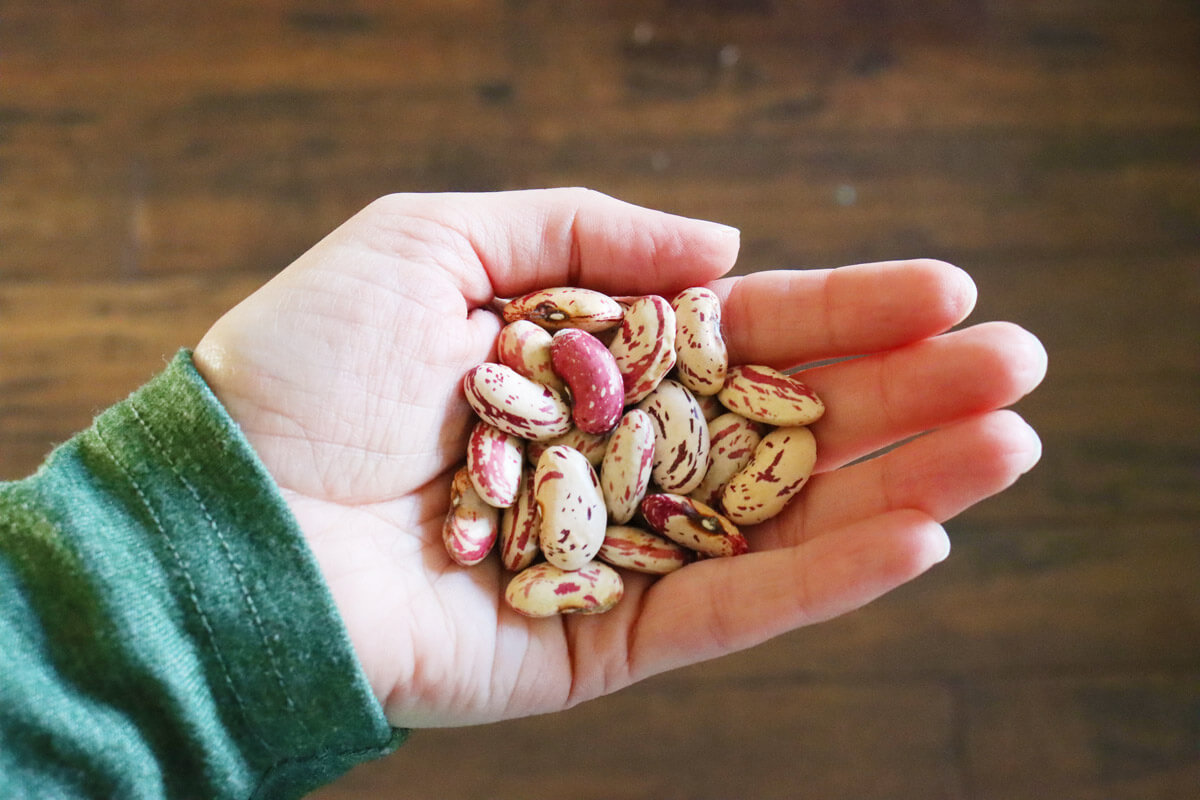
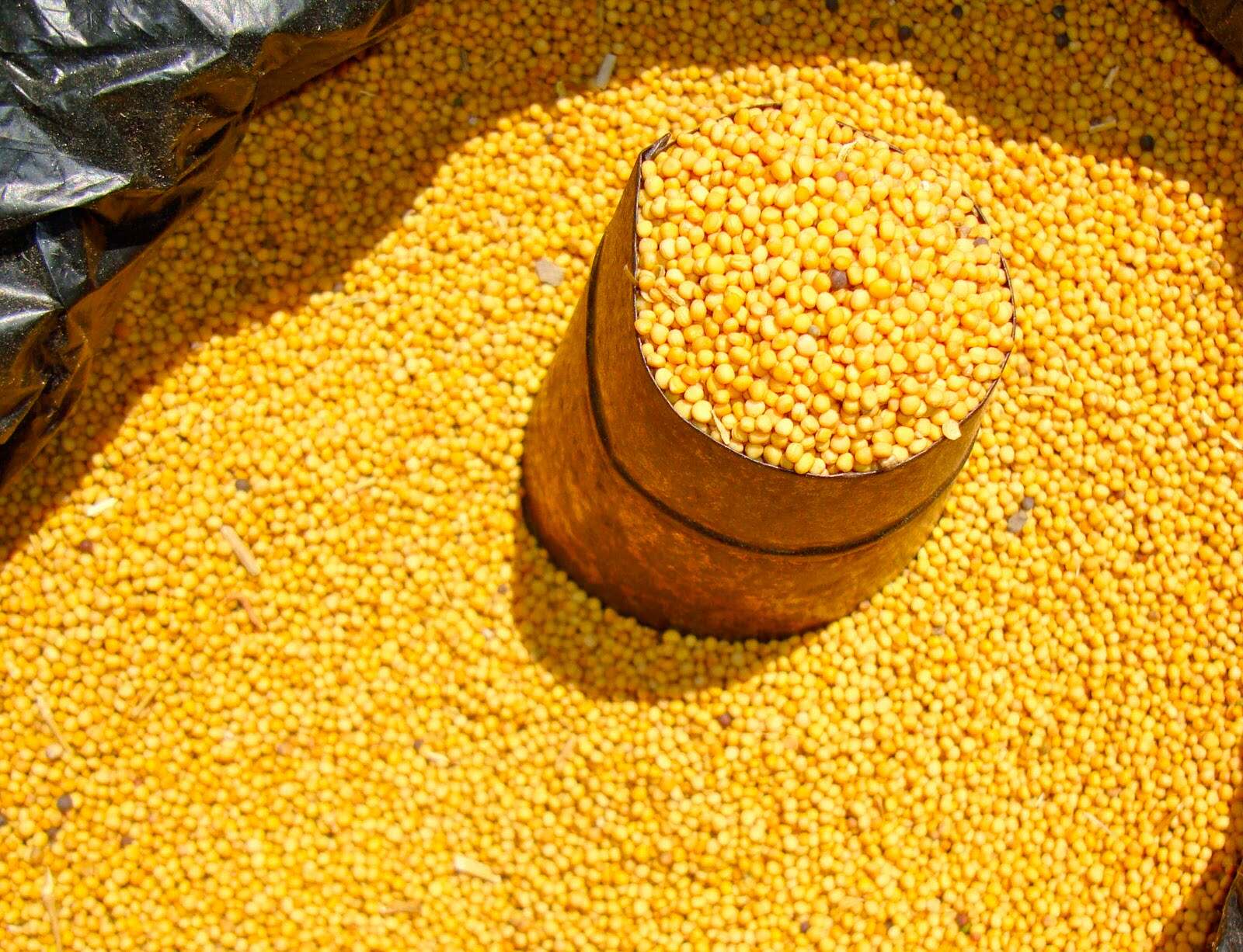
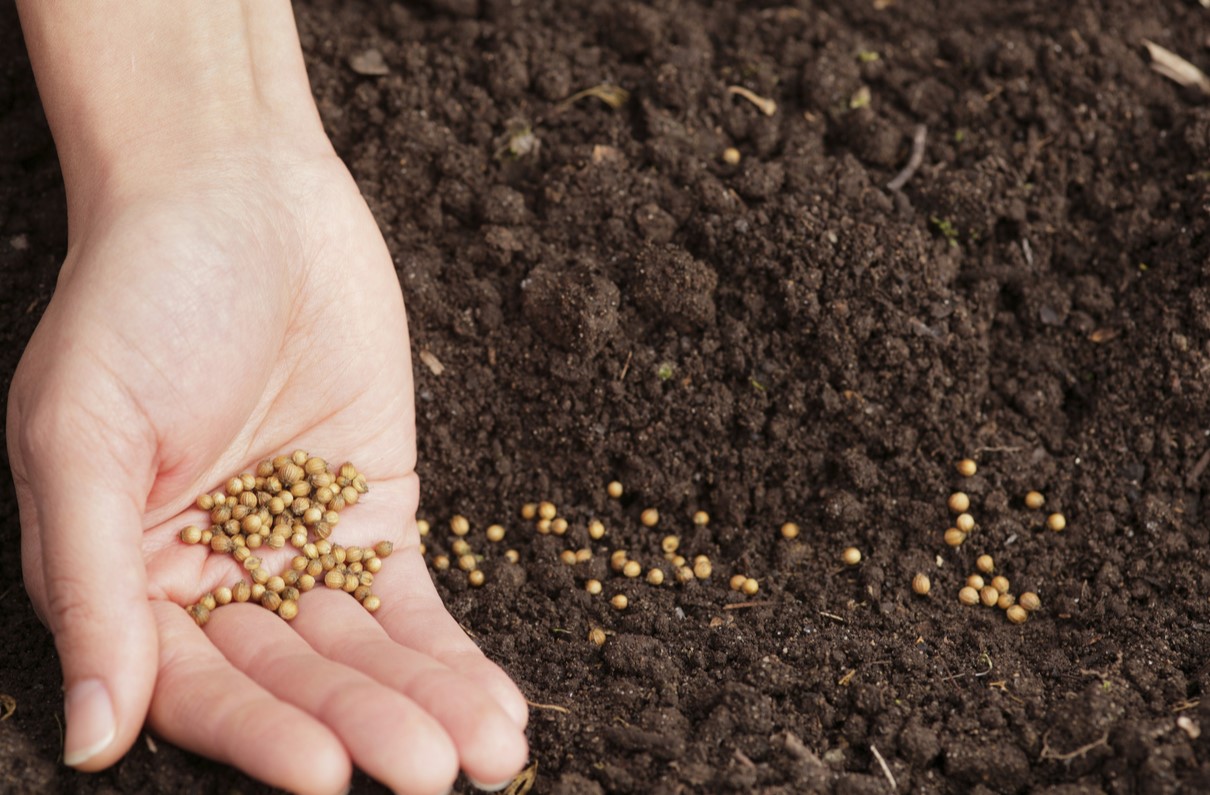
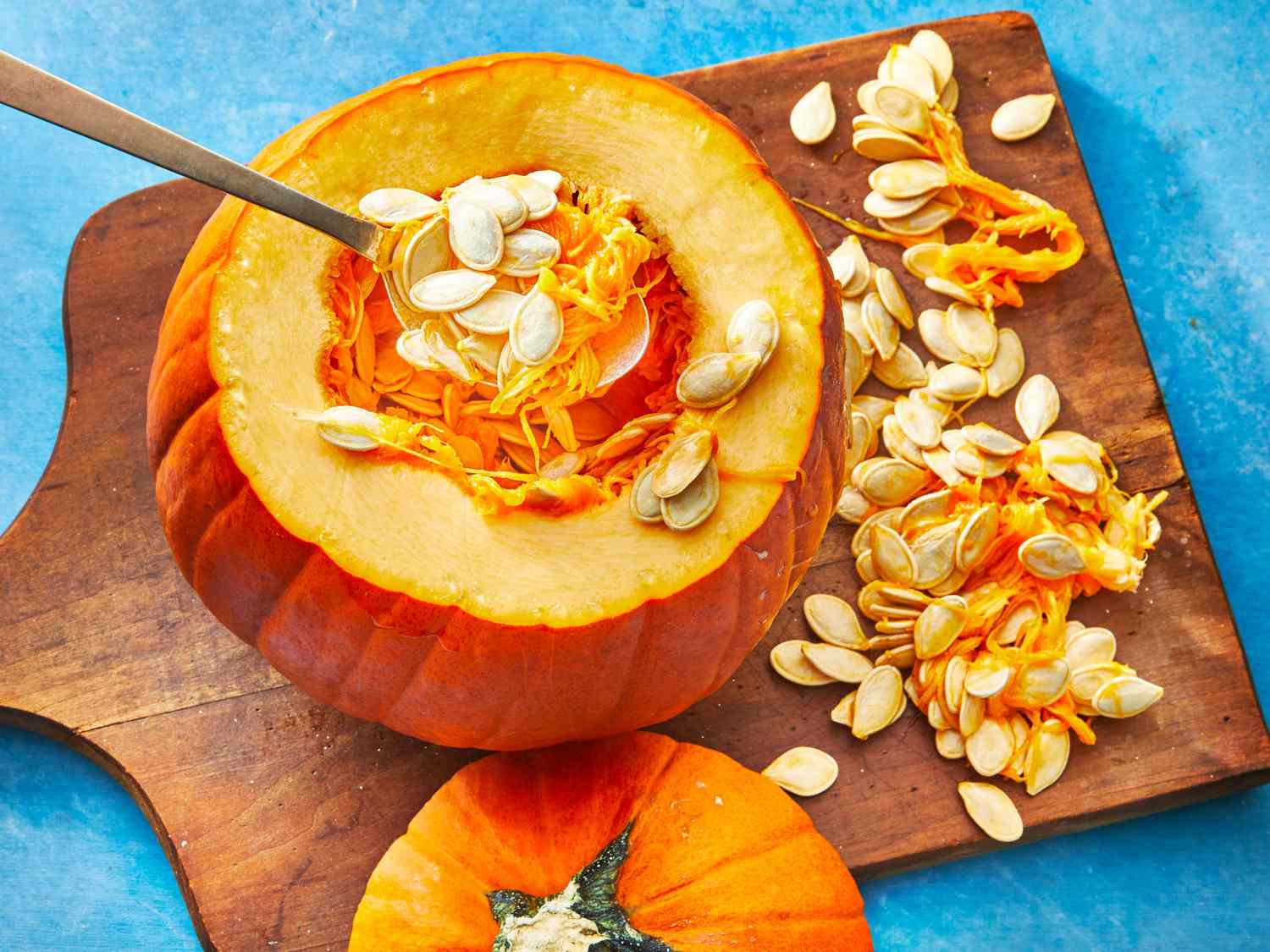
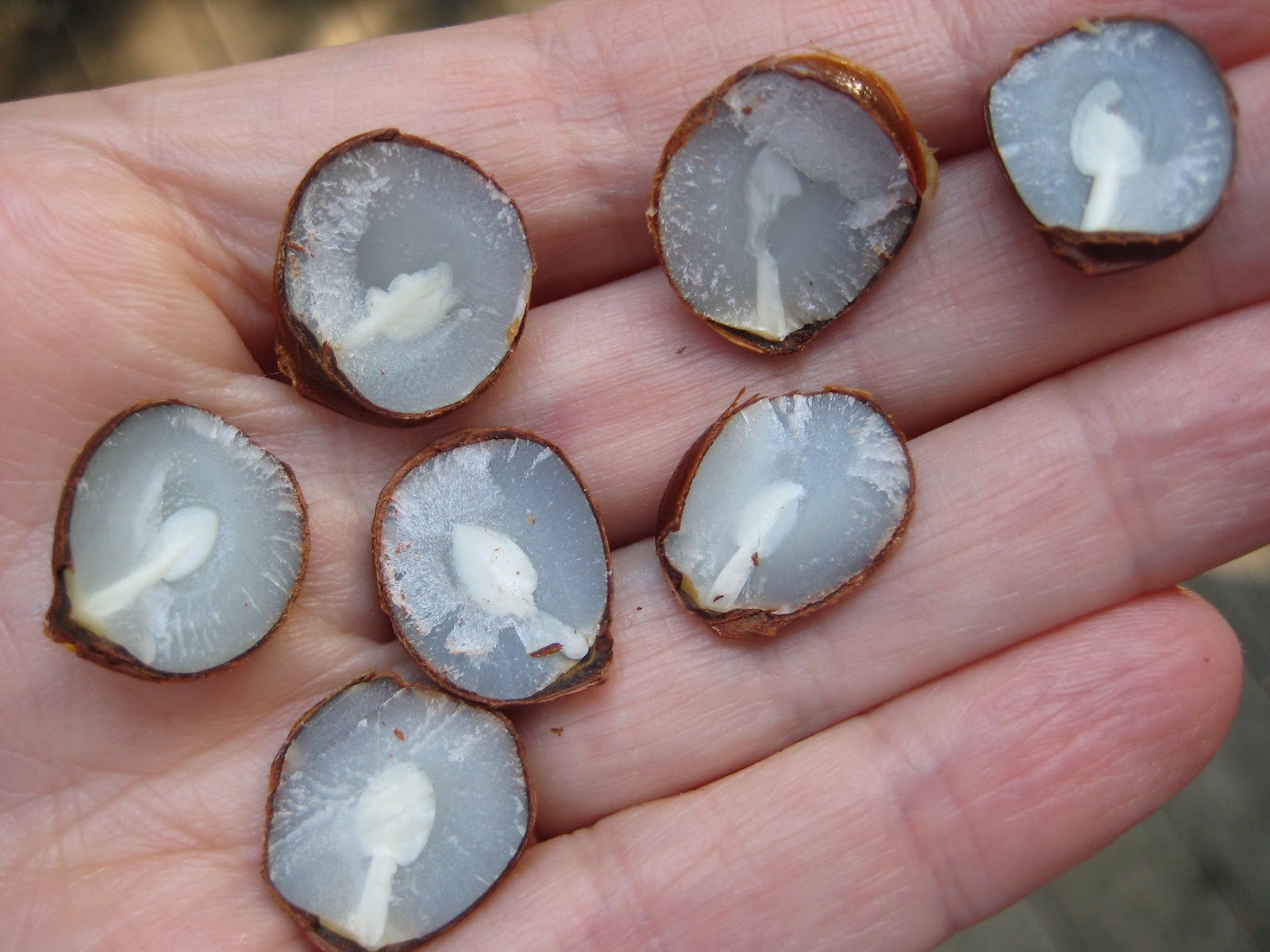
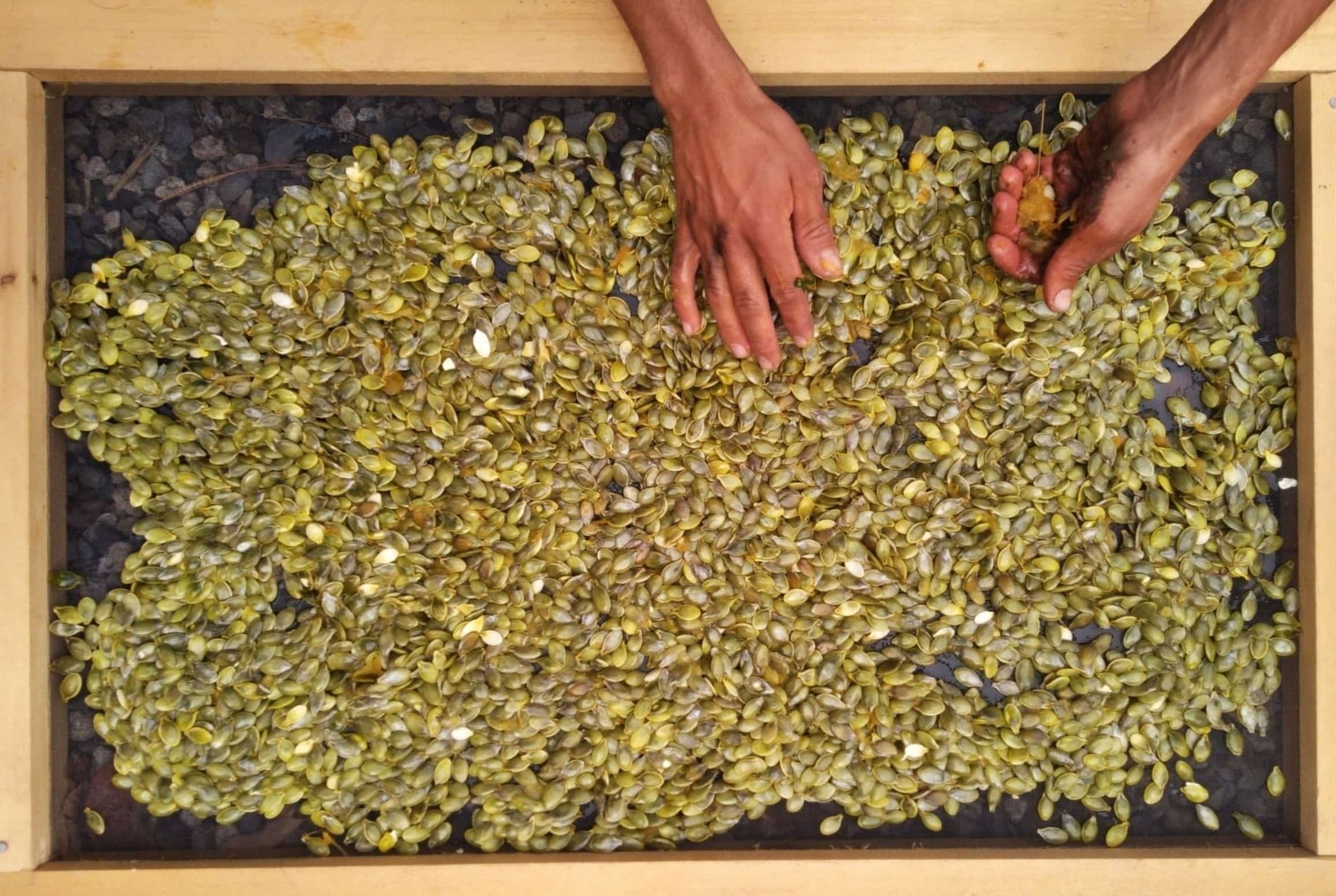
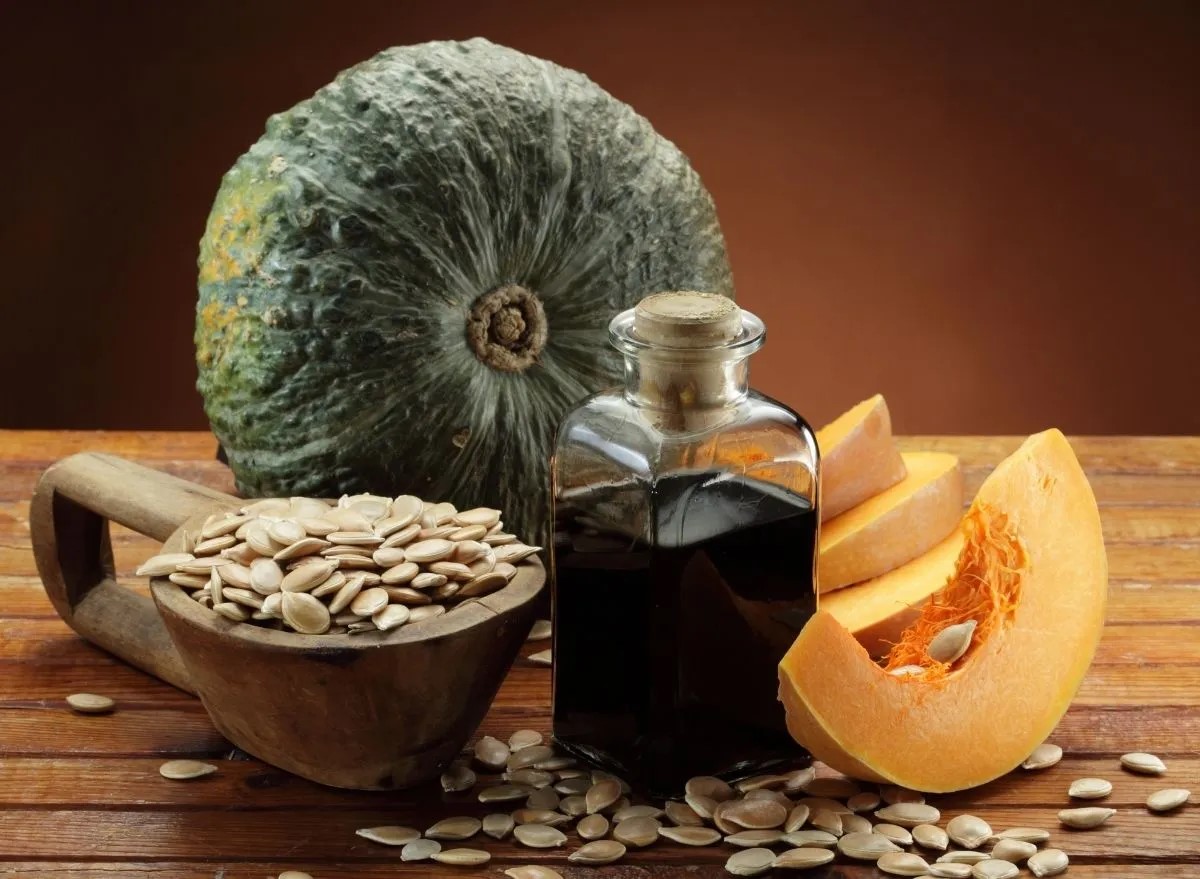
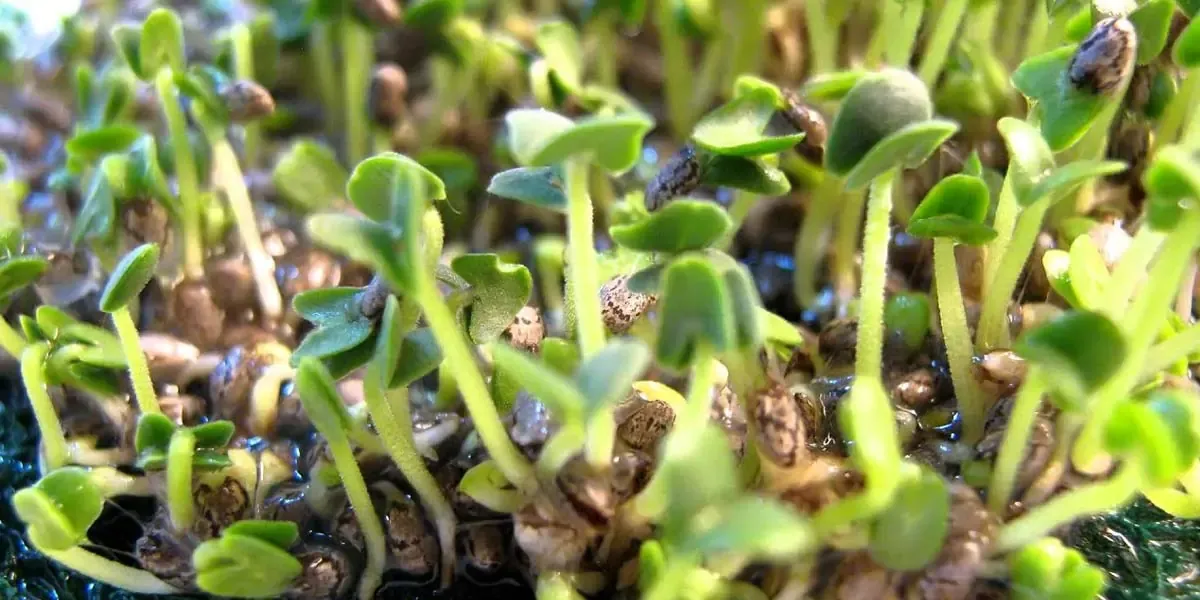
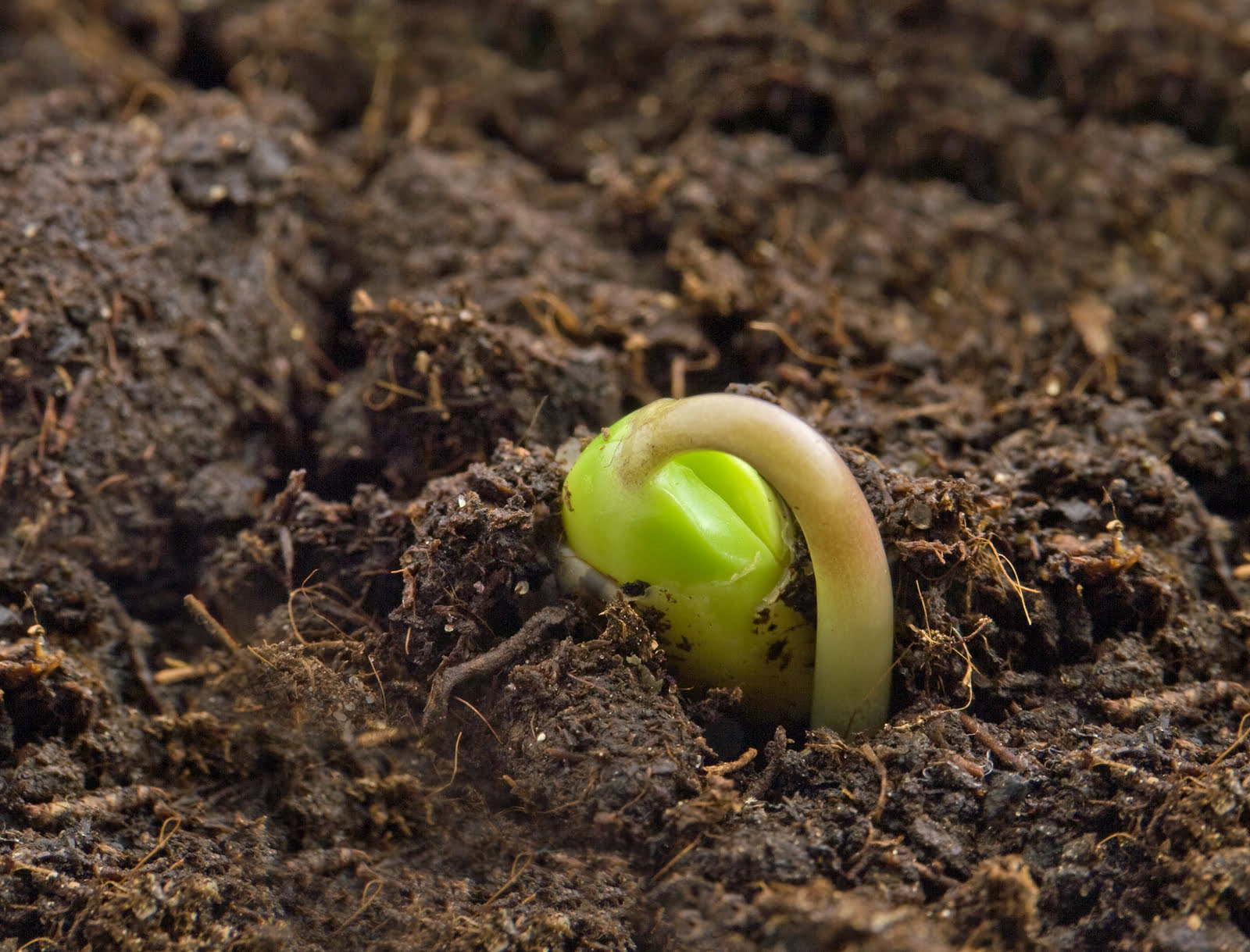
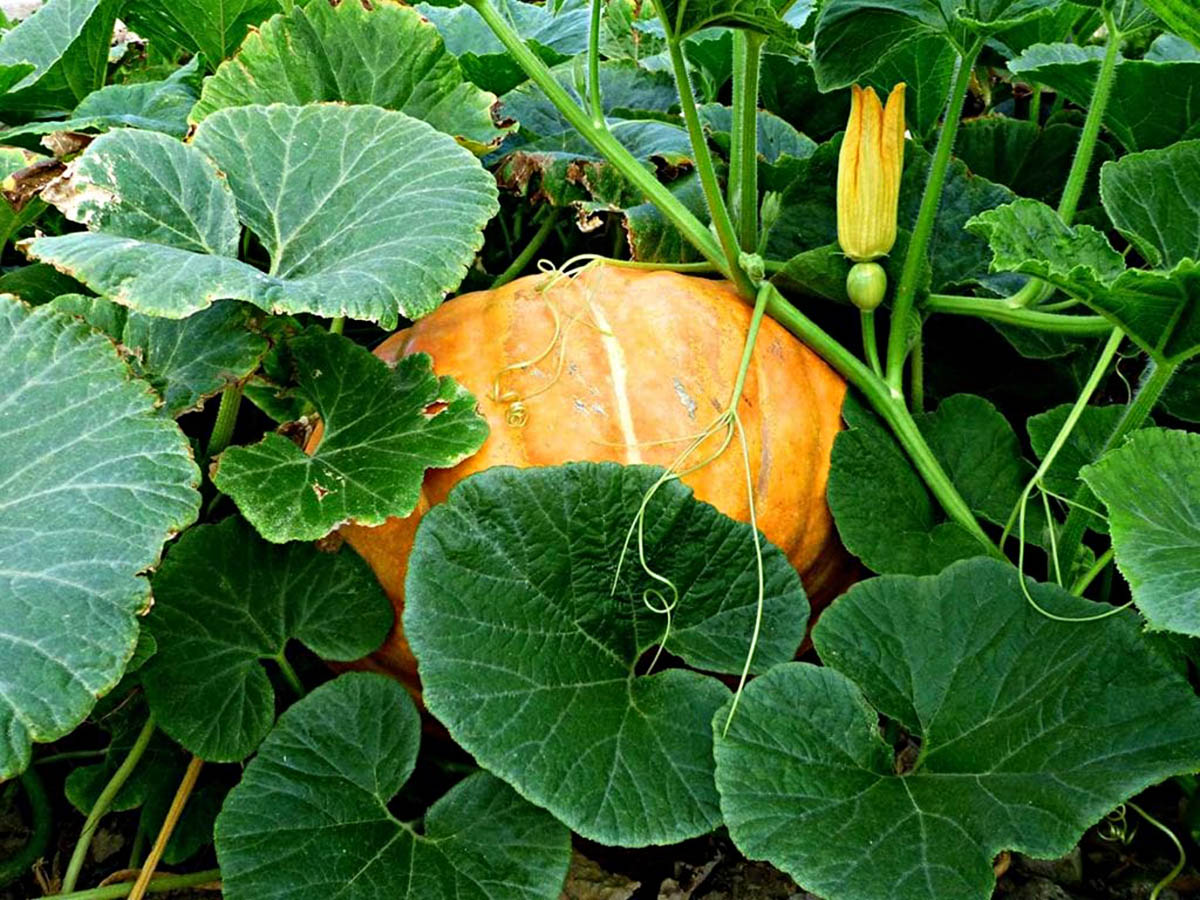
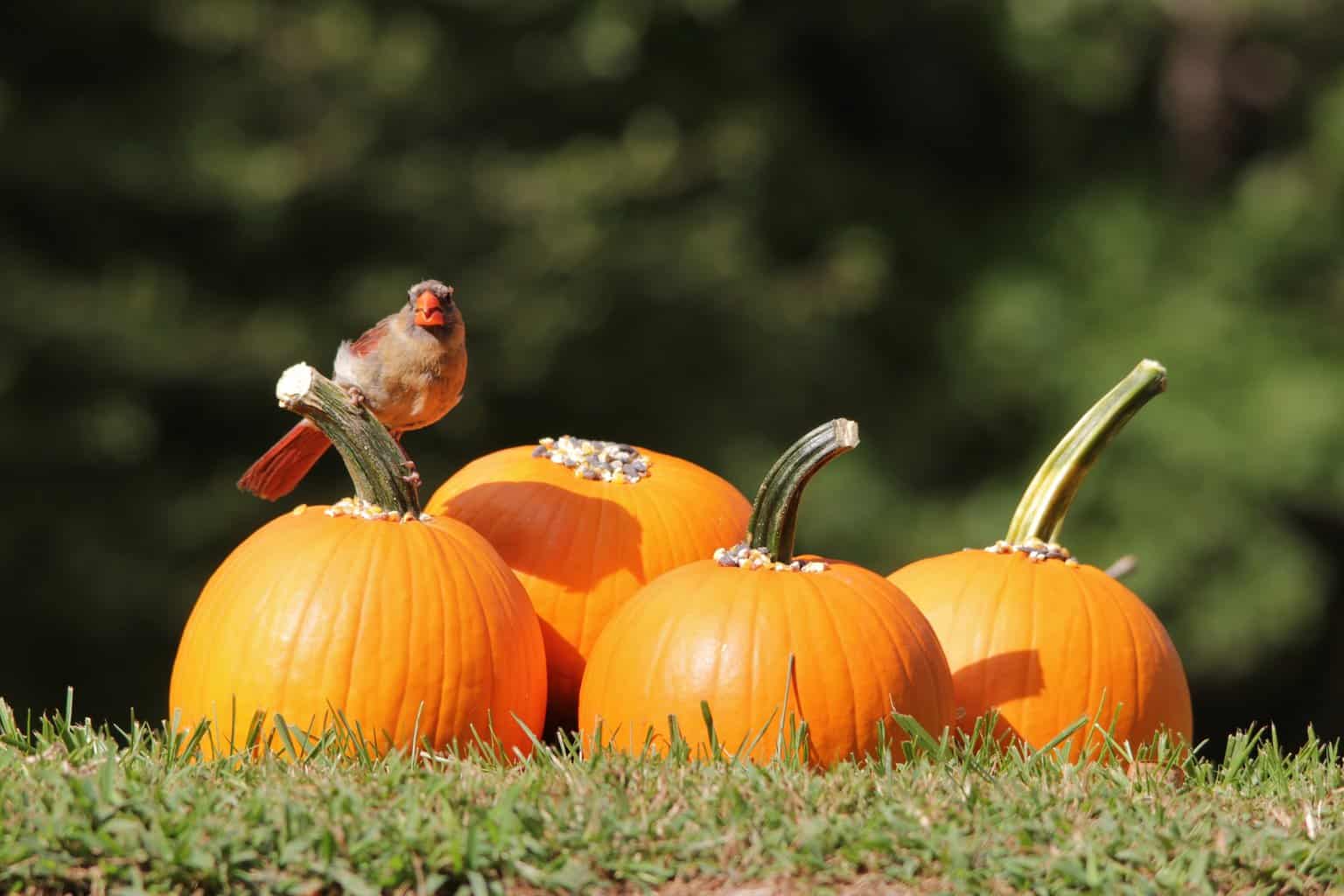
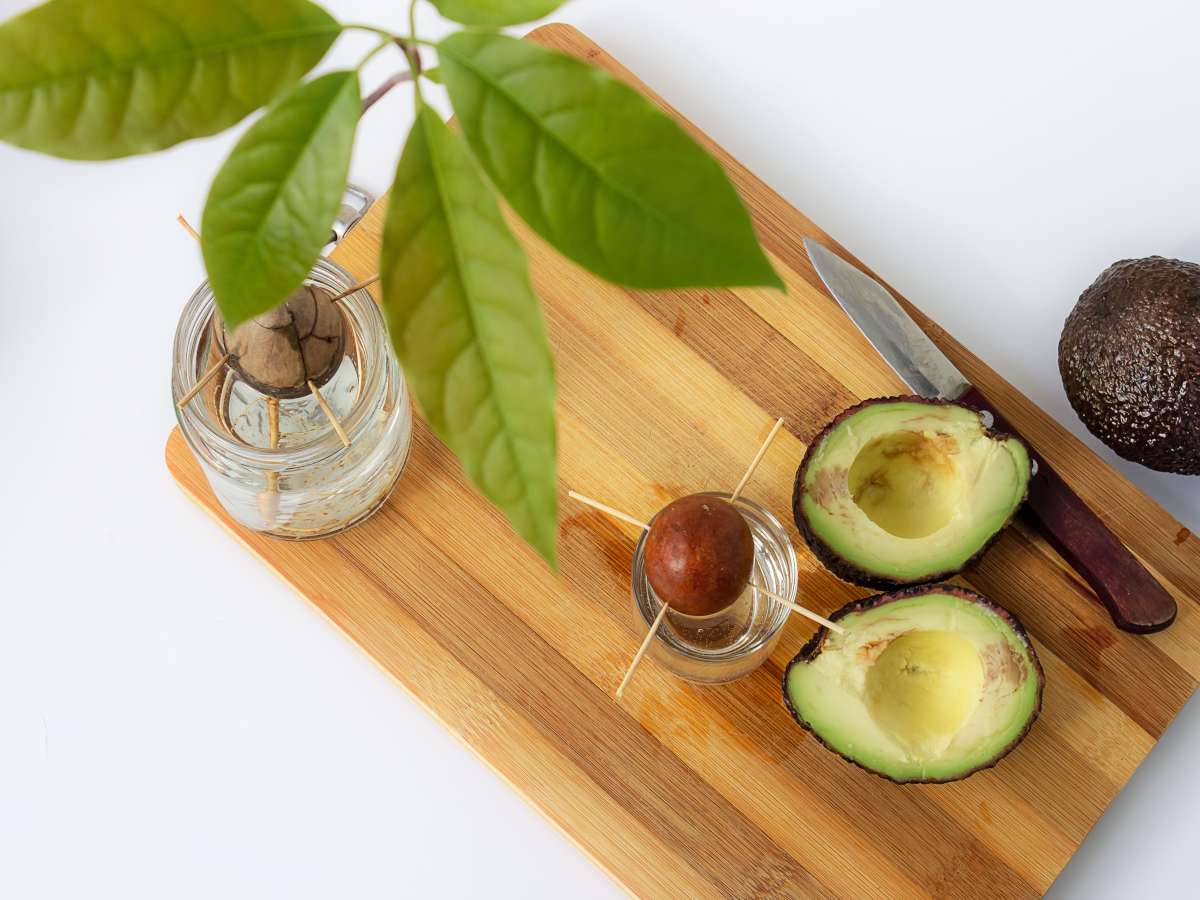
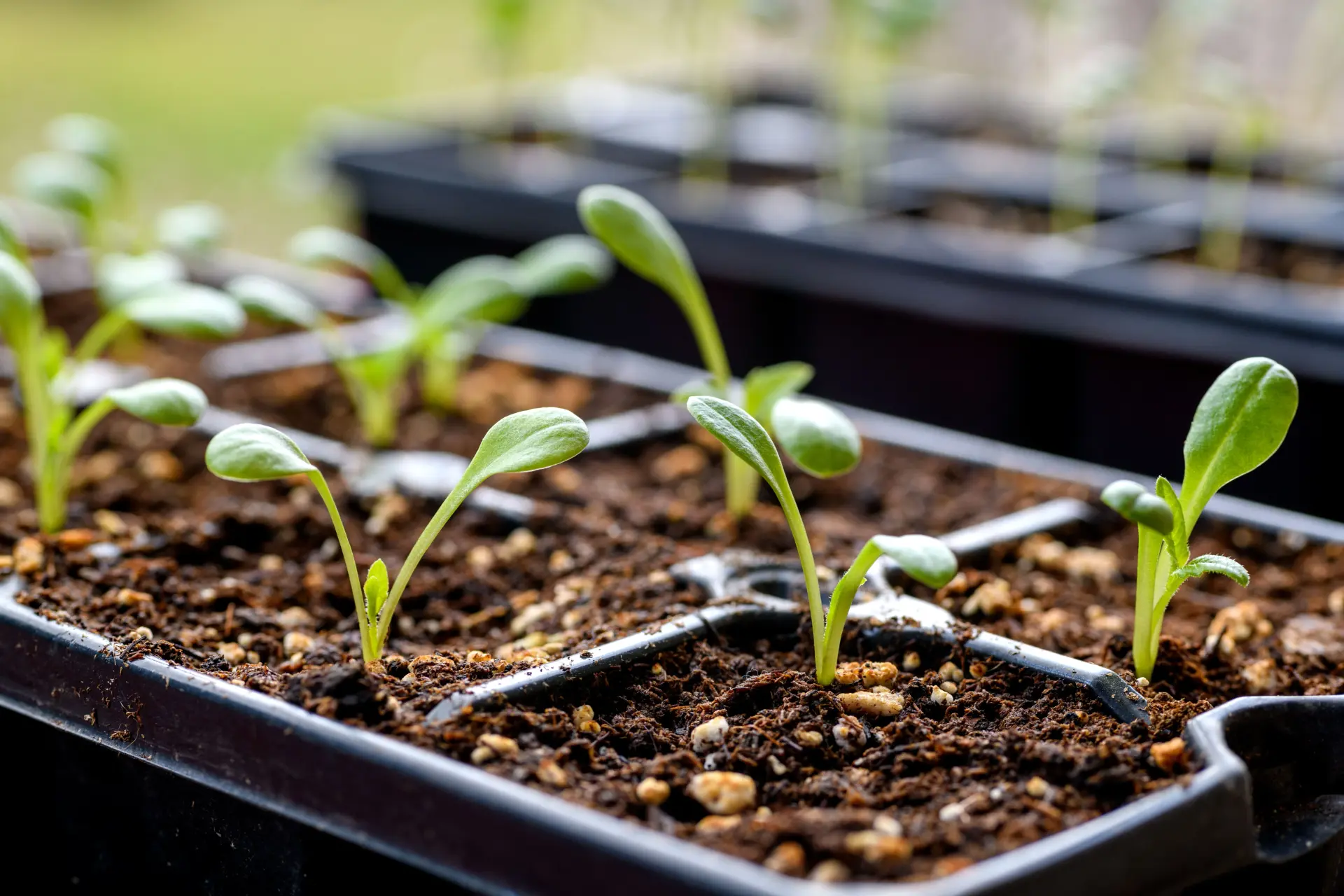
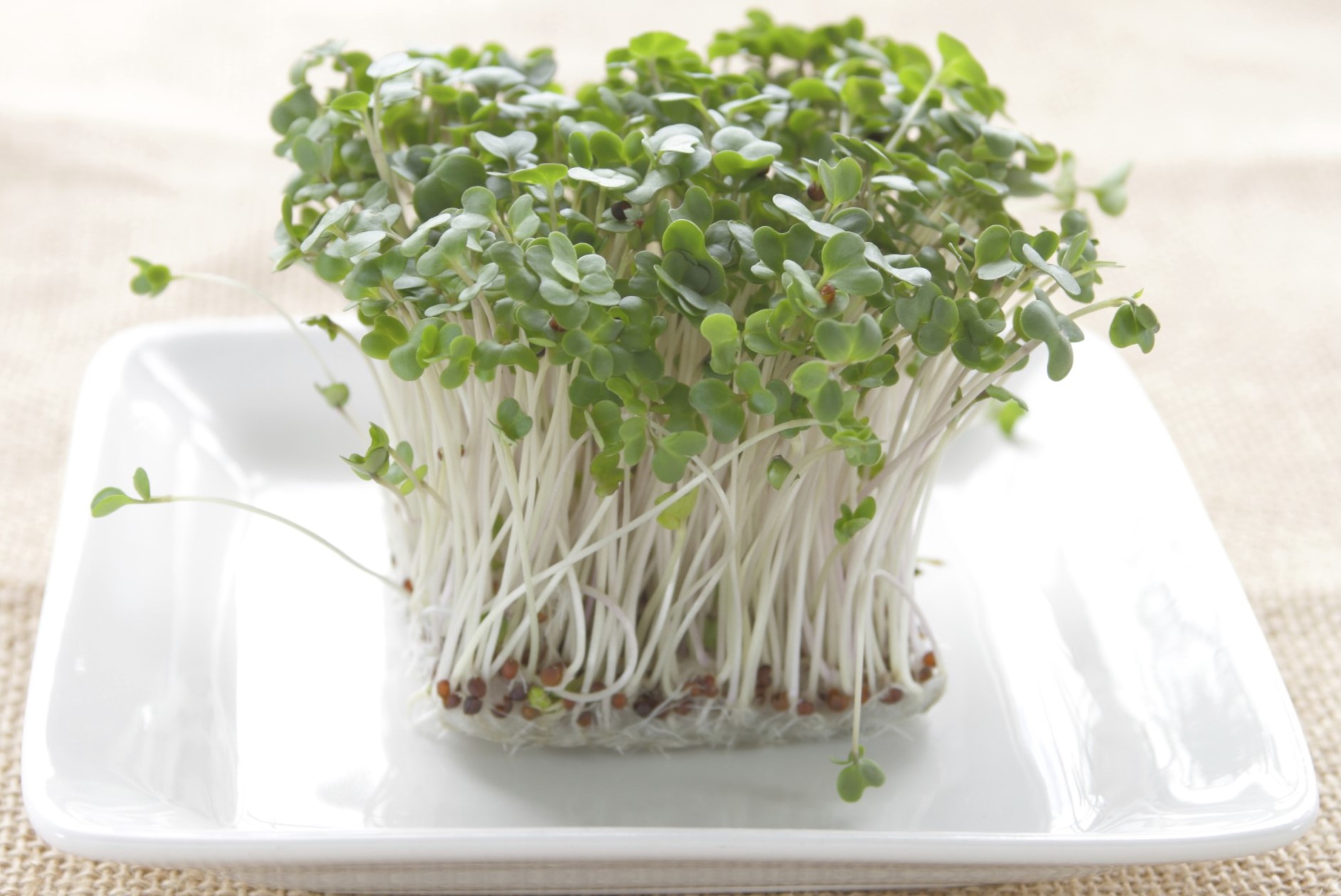

0 thoughts on “What Does Sprouted Pumpkin Seeds Mean”